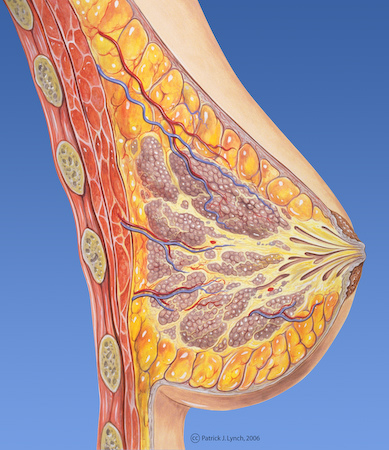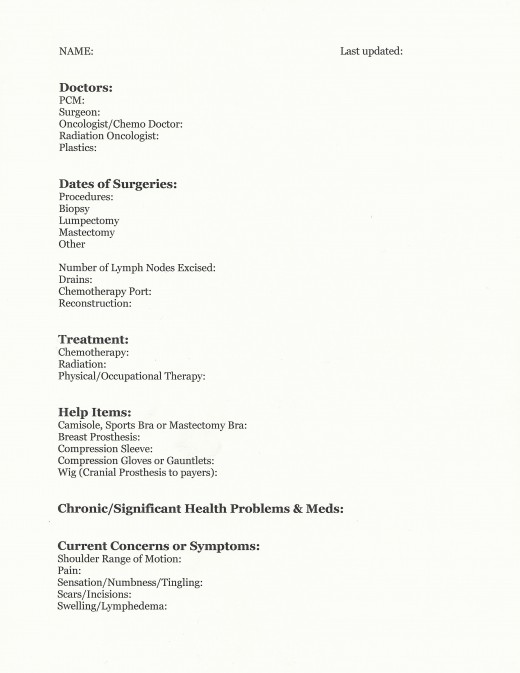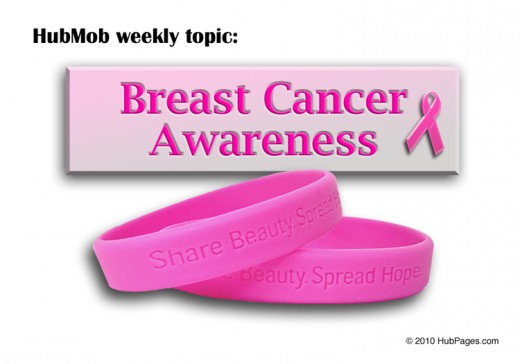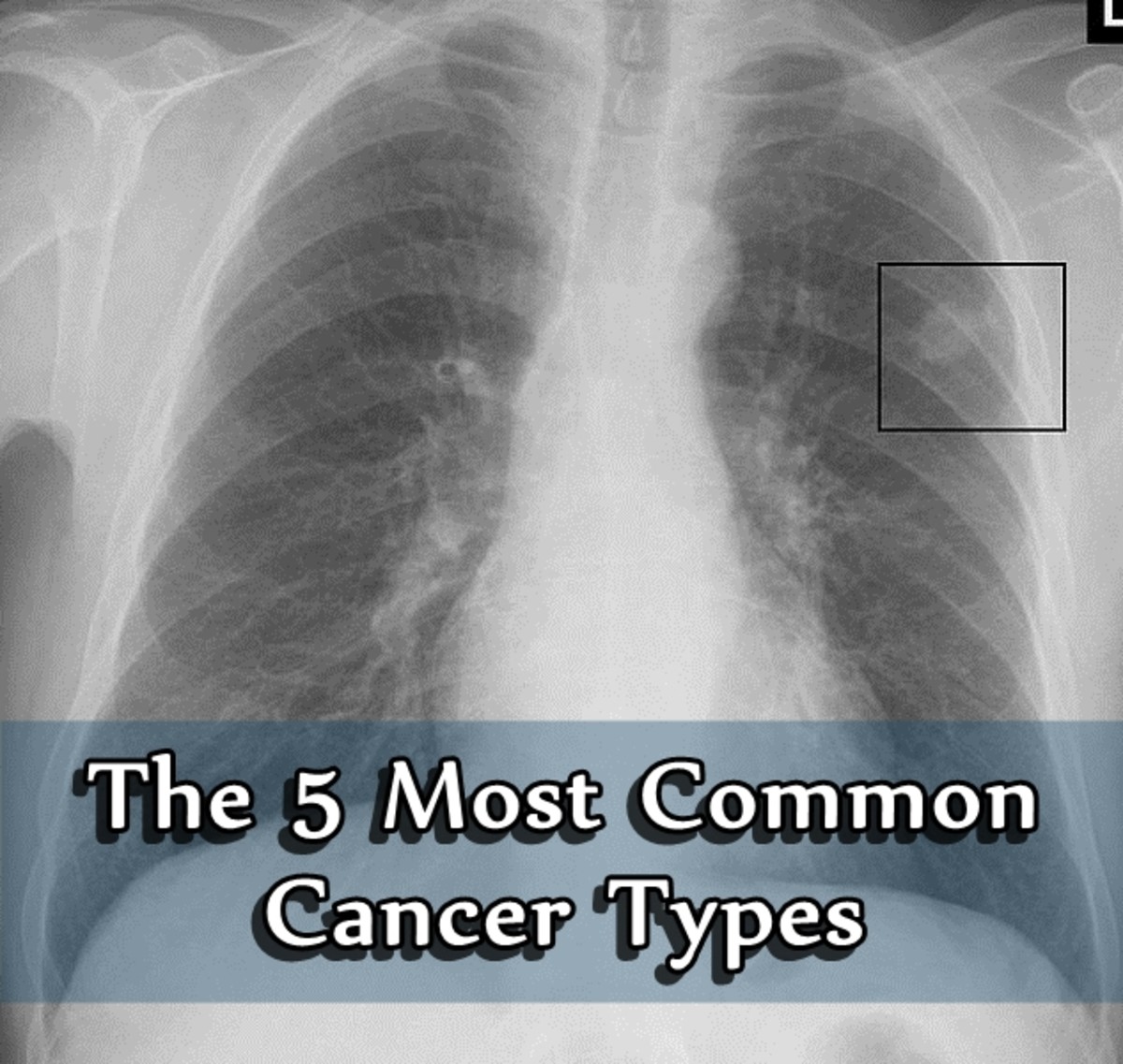History Form for Breast Cancer
After breast cancer, it is a good idea to keep an ongoing list of key information. Over the years, I’ve encountered patients with varying diagnoses, who kept a card in their purse or wallet with an up to date list of their medications. I think it’s helpful to do something similar after breast cancer, with your important information and dates. This information evolves over time, and will need updating accordingly.
You may even want to make copies to give to providers at medical or therapy appointments. You can keep information to a single page and keep it in a page protector, or record it on a large index card (back and front) and laminate.
There are certainly a lot of reasons to do this. As time goes on, you may not always remember to include all key information, or may not remember dates or time frames.

If you give primary care doctors, specialists, or therapists a concise copy of your pertinent information, they can better help you, they can make more informed decisions about your care, and it will be more likely that they will document correct history. They may even attach what you submitted. It’s a nice quick reference without having to digest a thick medical record, which may not be available anyway.
I am going to share the history form I prepared for my clients after breast cancer.
Doctors
Provide the names of your doctors and specialists. If they are not all associated with the same medical treatment center, provide address and contact phone number. I would not delete anything. You can indicate things like “radiation undecided at this time”, or none, meaning “I did not have radiation therapy”.
PCM: Primary Care Manager. This would be your “family doctor”, Physician’s Assistant, or Nurse Practitioner that you see for routine medical care.
Surgeon: The surgeon who performed your mastectomy or lumpectomy:
Oncologist/Chemo Doctor: Who is the primary doctor managing your cancer treatment? This is usually the doctor who manages your chemotherapy decisions.
Radiation Oncologist: Your radiation therapy radiologist.
Plastics: Your plastic surgeon if you had reconstruction.
Articles from Lily Rose
- Breast Cancer Treatment - Just Another Bump In The Road
My breast cancer treatment story never seems to end. If you can handle it, read more here about my journey and all the wonderful side effects from cancer treatment... - Breast Cancer Info - My Favorite Online Resources and Products
After my breast cancer diagnosis I immediately took to the internet to gather breast cancer info...here's a list of online cancer resources and products... - Breast Cancer Treatment - What Things The Doctors Don't Tell You
I am 38 years old and was diagnosed with Breast Cancer 26 months ago. I'm ready to share my experiences and what I've learned about what to expect from, and things that the doctors don't tell you about, breast cancer treatment. - Breast Cancer Treatment - What Else They Don't Tell You About: Shingles and More
Part two of my breast cancer journey through breast cancer treatment and what I've learned that the doctors just don't tell you...
Dates of Surgeries
List your surgical procedures, with dates and any significant complications. It may be helpful to do this chronologically.
Procedures:
Biopsy
Lumpectomy
Mastectomy
Other
Number of Lymph Nodes Excised: Include if you had preliminary biopsy “sentinel” node excised, then subsequent excision of additional nodes.
Drains: Did you have drains placed at the time of your initial surgery? If so how many, and how long were they in place?
Chemotherapy Port: Do you have a chemotherapy port? When was it placed? What is the location? When was it removed?
Reconstruction: Did you have reconstruction? Was it at the same time as your mastectomy, or was it delayed? When was your reconstruction surgery? Was it staged over a period of time?
Treatment
Dates of treatment, or projected dates of pending treatment.
Chemotherapy: Did you have chemotherapy? What was the frequency and duration? What were your start and stop dates?
Radiation: Did you have radiation therapy? What was your therapy schedule and dates?
Physical/Occupational Therapy: I was usually the first therapy experience for my clients. Many clients never get referred for therapy after breast cancer. Indicate if you had therapy, when, and for how long? What was the therapy for? Range of motion? Scar management? Lymphedema?
Personal Stories
- Breast Cancer - Twice bitten by cindyvine
Breast Cancer again! The first time they told me I had breast cancer was on the 24th December 2003. It had come as such a complete shock that it devastated me. I'd had a blocked duct removed two weeks... - What are the Symptoms of Breast Cancer? by Uninvited Writer
Thinking you may have breast cancer can be the scariest thing in the world. Before you panic, learn the symptoms of breast cancer and when you should visit a doctor. - The Gift That Cannot Be Returned - Breast Cancer by Jerilee Wei
What if you were given a gift you did not want? This was a gift that no one would want. Just what do you do with it? That is the position I found myself in and this is the true story of the power of a gift that keeps giving..... - Womens Health: Breast Cancer - One Woman's Story by RedElf
A few years ago, I received a phone call that took my breath away. It was from the Cross Cancer Institute, a world-renowned cancer research and treatment center located near the University of Alberta campus in...
Help Items
Have you been prescribed, or do you have any of the following items? These products are often all available at businesses that cater to clients after breast cancer. There is also good coverage for many items by insurers, which means a doctor’s referral is required.
Camisole, Sports Bra or Mastectomy Bra: If your bra does not fit well, you can ask for a referral for mastectomy bra fitting. If you live in the U.S., breast cancer survivor volunteers meet with current breast cancer patients in many communities on behalf of the American Cancer Society. My clients have told me the free mastectomy bra from the ACS is the most comfortable one they have tried.
Breast Prosthesis: Do you have an insert for your bra, a prosthesis? Does it still fit? Is it the right weight?
Compression Sleeve: Helpful for lymphedema prevention. Do you have one, when did you get it, what is the pressure delivered (usually 20 to 40 mmHg), what is your wear schedule?
Compression Gloves or Gauntlets: Same as for sleeves. Do you wear sleeve and glove together, or do you sometimes wear one or the other?
Wig (Cranial Prosthesis to payers): Can be covered by insurers when prescription is written, usually by chemo doctor.
Chronic/Significant Health Problems
Do you have high blood pressure, diabetes, thyroid disease etc? What medications do you take?
Personal Stories
- I have Breast Cancer...It doesn't have me! by Anne Eliz Jacobs
"You have breast cancer". Those were the words that changed my life at 5:30 p.m. on a Friday evening over 5 years ago. After having a bilateral mastectomy, 6 rounds of chemotherapy and taking tamoxifen, I...
Current Concerns and Symptoms
Depending on the type of medical visit you are being seen for, you might want to prepare questions. These are the areas I ask my clients about, who are referred to me for therapy after breast cancer:
Shoulder Range of Motion: Has your range of motion on your surgical side returned to your pre-surgery range?
Pain: Describe pain in terms of location, frequency, duration, and intensity on the 0-10 scale. Is pain brief and sharp, or achy and lingering?
Sensation/Numbness/Tingling: Do you have areas of altered sensation, such as dull sensation around mastectomy incision/scar, or to armpit?
Scars/Incisions: What incisions/scars do you have- mastectomy, lumpectomy, chemo port, drains? Are all incisions healed? Were there complications or infections?
Swelling/Lymphedema: Have you been treated for, or suspected of having lymphedema? Are you concerned about developing lymphedema? Were you educated on lymphedema prevention?
My History Form for Breast Cancer

Get Breast Cancer History Form
My Breast Cancer Hubs









